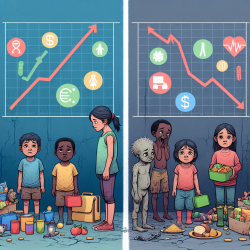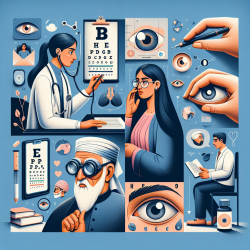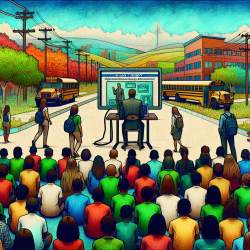As practitioners committed to fostering inclusive and equitable educational environments, understanding and addressing racial prejudice is paramount. Recent research titled "Using Relational Frame Theory to Examine Racial Prejudice: A Tool for Educators and an Appeal for Future Research" offers valuable insights into the origins and mechanisms of racial prejudice and provides strategies for educators to combat these biases effectively.
Understanding Relational Frame Theory (RFT)
Relational Frame Theory (RFT) is a psychological theory of human language and cognition that explains how humans learn and respond to one stimulus in terms of another without direct exposure to reinforcement. This theory is pivotal in understanding how racial prejudices are formed and maintained. According to RFT, prejudices are derived relational responses influenced by contextual cues, leading to arbitrary and often harmful associations between different stimuli.
Implications for Educators
For educators, RFT provides a framework to understand and address implicit biases. Here are some strategies based on RFT that can be implemented in educational settings:
- Multiple Exemplar Training: Expose students to diverse, positive exemplars of marginalized groups to create new, positive relational networks.
- Acceptance and Commitment Therapy (ACT): Incorporate ACT principles to promote psychological flexibility, helping students and educators recognize and address their implicit biases.
- Media Literacy: Educate students on the influence of media in shaping prejudices and encourage critical thinking about the content they consume.
- Community Programs: Facilitate direct interactions with diverse groups to foster positive attitudes and reduce stigma.
Encouraging Further Research
While these strategies offer a starting point, ongoing research and adaptation are crucial. Educators are encouraged to engage in further research and apply evidence-based practices to continuously improve the inclusivity and equity of their educational environments.
To read the original research paper, please follow this link: Using Relational Frame Theory to Examine Racial Prejudice: A Tool for Educators and an Appeal for Future Research










